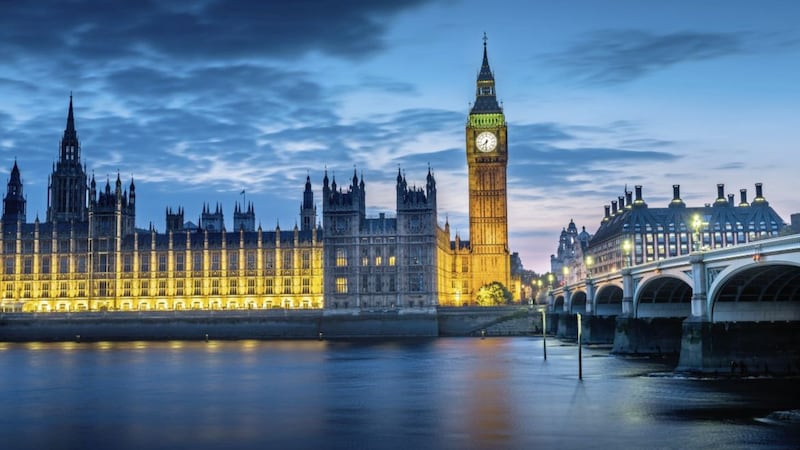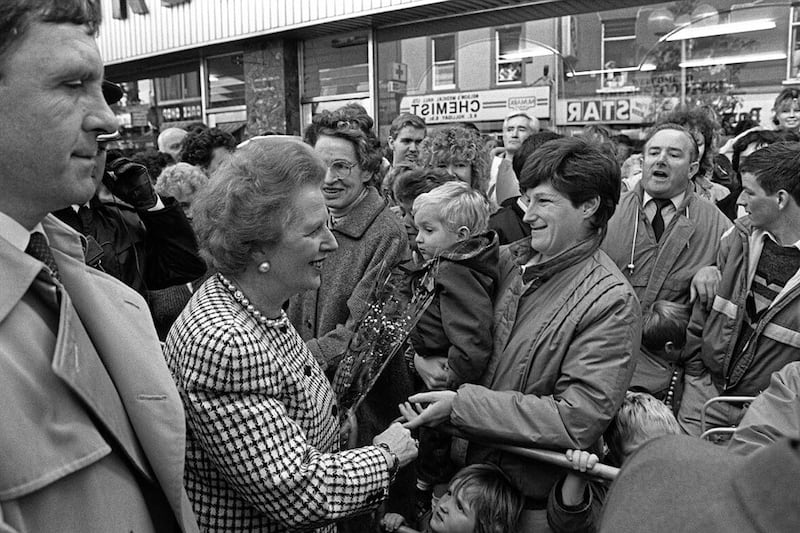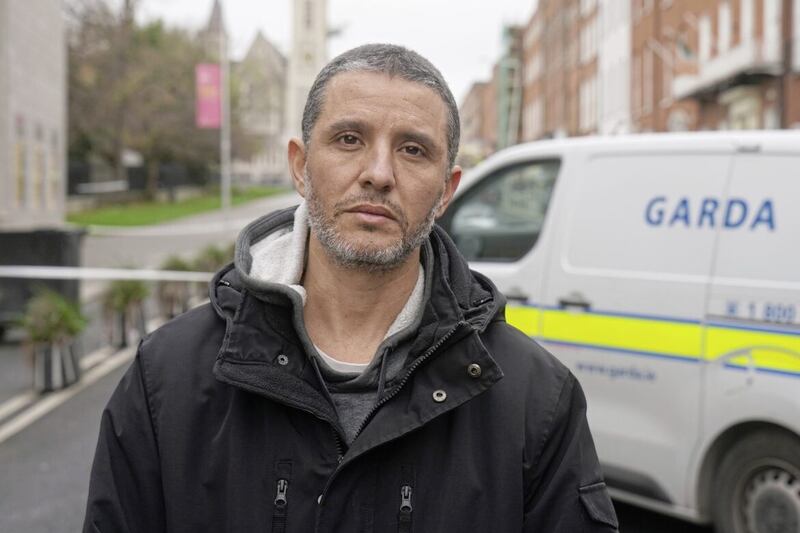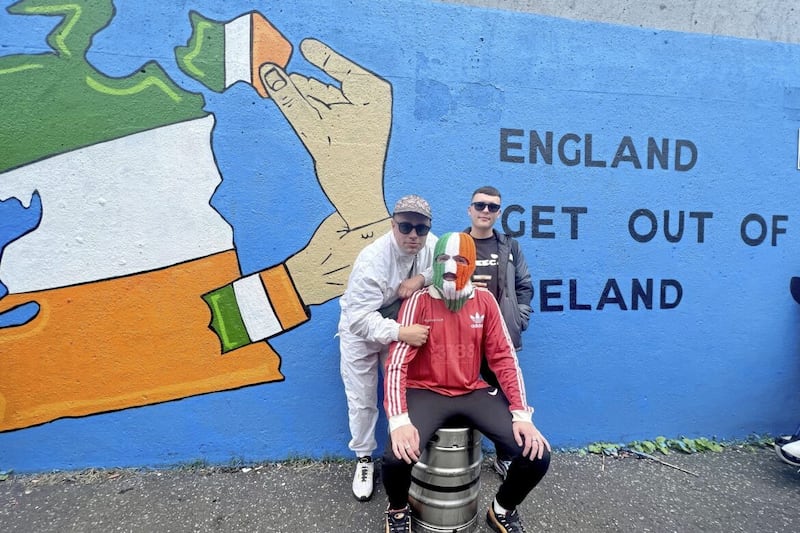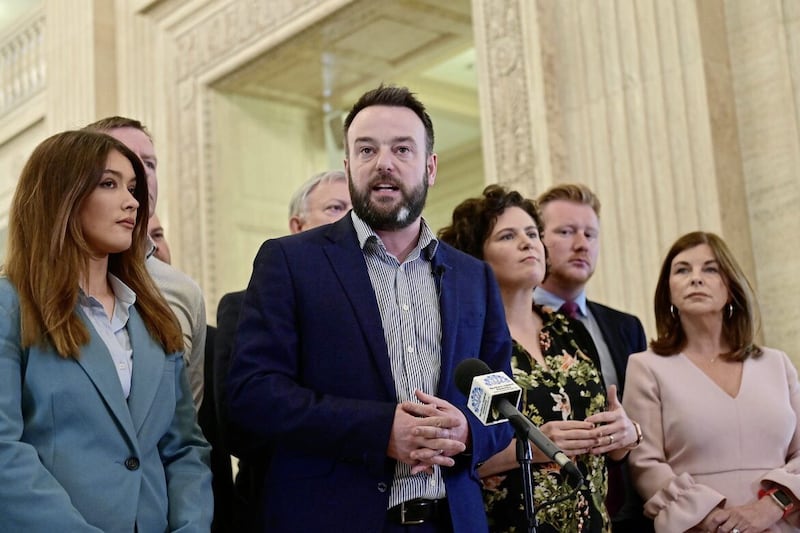IT was reported that when members of the SNP arrived in Westminster, some of them were apparently surprised to see the bust of Ireland's shrewdest parliamentarian, Charles Stewart Parnell, adorning one of their offices.
Parnell was the master of both deal-making and filibustering at Westminster.
Like the modern-day SNP, Parnell played the British establishment at their own game.
Parnell was not one for skulking about the bars of Westminster, trying to grab a minister's ear. He eye-balled them across the chamber in the same way that Alex Salmond does today.
As the elections approach, there are important choices facing the nationalist electorate.
Those offerings are quite distinct. Naturally both the DUP and Sinn Féin are only interested in coming out top dog on their own side.
Only this time around, Sinn Féin are up against two new realities.
The first is that this election is not about toppling unionism from the post of first minister.
Bar the odd 'blonde moment' Arlene Foster is now a less toxic focal point for Sinn Féin to whip up hysteria against.
Secondly, unionists have more seats than nationalists when it comes to Westminster and that's not going to change soon unless the hundreds of volunteer canvassers being shipped in by Sinn Féin from the Republic of Ireland take up residency.
There is also a third matter, and it's that of representation.
Sinn Féin, it would appear, would leave Northern Ireland's Westminster voice on Brexit to unionists - and that's a chocolate fireguard if there ever was one.
Normally people vote for politicians to stand up and articulate their viewpoint.
We elect politicians with a view to them being fully functional as a public representative and that includes voting in the interests of their constituents.
Sinn Féin don't do that. They have boycotted Westminster except, it would appear, for the expenses office and the tea rooms.
Twice last week a Sinn Féin candidate for Westminster told the media that speaking in the chamber or attending committees doesn't count as most of the work is done in the bars, tea rooms and corridors of Westminster.
A scan of the records between 2011-16 show that non-attending Sinn Féin MPs claimed a surprising £3.2 million in expenses.
As abstentionists they don't take the salaries to which they are entitled, though staffing costs claimed from Westminster amount to anything between £0.5m and over £600k per annum.
It seems Pat Doherty, the former West Tyrone MP, during the same parliamentary period claimed over £706k in office, staff and travel costs. In fairness, it's a huge sprawling rural constituency.
But therein is also the rub because, oddly, travel is the smallest expense on record.
In 2011-12 he claimed £438.68. For comparison, Michelle Gildernew, his neighbour as MP for Fermanagh and South Tyrone at the time, claimed £2,036.
During 2015-16, arguably a hugely important year for Northern Ireland in terms of standing up on Brexit, the travel figure seems to fall to just over £300 per year - but surely that was the very time to be bending those ears in the corridors of Westminster?
The Sinn Féin claim that they do as much as any MP by manoeuvring the back passages of the palace of Westminster does not appear to stack up because the only evidence of attendance in the absence of voting, tabling motions or sitting on committees is travel claims.
Does Sinn Féin go but not claim travel? Or not go and not bend ears as claimed?
Sinn Féin is dismissive of Westminster though the eventual Brexit deal which comes back from Europe to the UK will be decided upon by Parliament.
On the other hand, Mark Durkan, the Foyle MP sits on the Exiting EU committee and his contributions on the floor of the house against David Davis have been outstanding.
His colleague, Margaret Ritchie, comes from a huge rural constituency with fisheries to add to her agriculture interests.
She is a very active member of the Environment, Food and Rural Affairs committee, which covers the industries most likely to feel the brunt of any Brexit, particularly here.
Northern Ireland's ports, particularly Derry and Warrenpoint, are bracing themselves for the negative impacts that may yet come from the reintroduction of tariff and customs duties, especially given how much of their traffic is bound for the Republic.
Brexit aside, our welfare, taxation and even regulation of our credit unions all fall under the umbrella of Westminster.
Surely these are big ticket items even for Sinn Féin? Of course, that's only if the electorate think so too.
